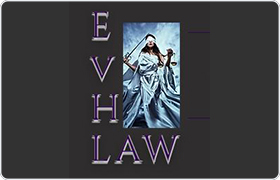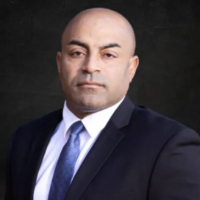Albuquerque Criminal Lawyer, New Mexico
Sponsored Law Firm
-
 x
x

Click For More Info:
-
Law Office Of Elizabeth V. Han
2601 Wyoming Blvd NE Suite 106 Albuquerque, NM 87111» view mapCriminal Defense and Divorce & Family Law Trust Our Experienced Team
Let the Law Office Of Elizabeth V. Han handle your legal matters.
800-647-3590
Mark A. Keller
✓ VERIFIEDMark A. Keller and his team of attorneys provide aggressive legal defense for people in Albuquerque, the surrounding area and throughout the State of ... (more)
Leonard J. Foster
✓ VERIFIEDLeonard J. Foster accepts cases involving Personal Injury, Criminal Law, Business Law, & Native Peoples and is an active Lawyer practicing in Albuquer... (more)
Rachel Walker Al-Yasi
✓ VERIFIEDCriminal Lawyer proudly serving Albuquerque, New Mexico and the surrounding areas. Please call 800-578-4330 to speak with Rachel Walker Al-Yasi today.... (more)
Joshua A. Goldberg
✓ VERIFIEDJoshua Goldberg is a practicing lawyer in the state of New Mexico who handles criminal matters.
Ryan D. Baughman
✓ VERIFIEDThe Law Office of Ryan D. Baughman, LLC is a law office based out of Albuquerque, New Mexico. The office is led by solo-practitioner Ryan D. Baughman,... (more)
Eric Raymon
✓ VERIFIEDIn his years of extensive legal experience, Mr. Raymon has handled a wide array of cases, always striving to provide the best service to his clients. ... (more)
Todd J. Bullion
✓ VERIFIEDI have extensive trial experience having tried over forty (40) cases in my career ranging from simple DWI to First Degree Murder. I have worked in hig... (more)
Boglarka Foghi
✓ VERIFIEDThe Foghi Law Firm was founded by Boglarka Foghi in 2009, specializing in criminal defense, family law, and business law. Managing Partner Boglarka F... (more)
FREE CONSULTATION
CONTACT Elizabeth Han Albuquerque, NM
Elizabeth Han Albuquerque, NM Practice AreasExpertise
Practice AreasExpertise








